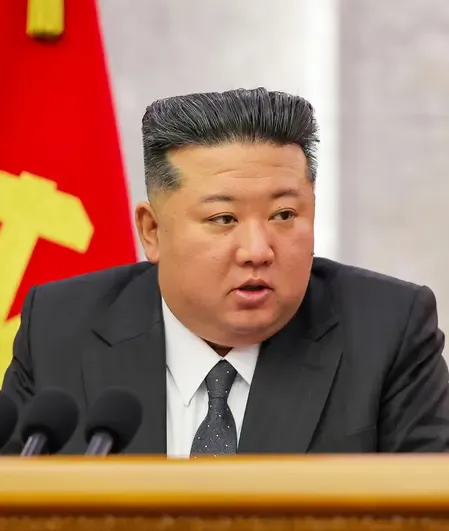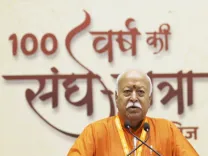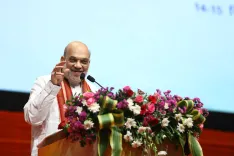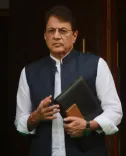Why is North Korea Criticizing US, South Korea, and Japan’s Joint Military Drills?

Synopsis
Key Takeaways
- North Korea criticizes upcoming US, South Korea, and Japan military drills.
- Kim Yo Jong and Pak Jong Chon express strong opposition.
- Inevitability of negative consequences from these exercises is highlighted.
- North Korea maintains its stance as an irreversible nuclear state.
- Regional stability is at risk due to escalating military tensions.
Pyongyang, September 14 (NationPress) Senior officials from North Korea have publicly criticized the planned military exercises by the United States, South Korea, and Japan, according to media reports on Sunday.
Starting Monday, Seoul is set to initiate two concurrent drills: Freedom Edge, a trilateral outdoor multi-domain exercise in collaboration with the US and Japan, and Iron Mace, a tabletop exercise that simulates a nuclear attack response alongside the US, as reported by the official Korean Central News Agency.
Kim Yo Jong, who serves as the vice department director of the Central Committee of the Workers' Party of Korea (WPK), described the so-called Guidelines for Nuclear Deterrence and Nuclear Operations on the Korean Peninsula concocted by the US and South Korea as a perilous notion, as reported by Xinhua.
She stated that North Korea perceives this as a blatant display of the anti-North Korean confrontational stance and a continuation of aggressive policies.
The reckless show of military might by these three nations near North Korea will undoubtedly lead to adverse outcomes for them, she added.
Pak Jong Chon, the vice-chairman of the Central Military Commission of the WPK, remarked that Iron Mace serves as a rehearsal for nuclear warfare intended for potential use against North Korea from start to finish. He characterized Freedom Edge as the most extensive and aggressive military drill in terms of scale, content, and nature.
The reckless military actions of these three countries pose significant challenges to the security interests of our state, creating a major risk of destabilizing the region and heightening military tensions, he emphasized.
Pak warned that if these hostile forces continue their displays of power, North Korea will respond with counteractions in a very clear and intensified manner.
Since the unsuccessful summit with the US in 2019 regarding denuclearization, North Korea has consistently asserted its commitment to maintaining its nuclear arsenal, declaring itself an irreversible nuclear state.
North Korean leader Kim Jong Un has gained confidence from the ongoing war in Ukraine, receiving critical support from Russia after dispatching thousands of North Korean troops to assist Moscow.
Moscow and Pyongyang established a mutual defense agreement last year during a visit from Russian President Vladimir Putin to the reclusive nation.









